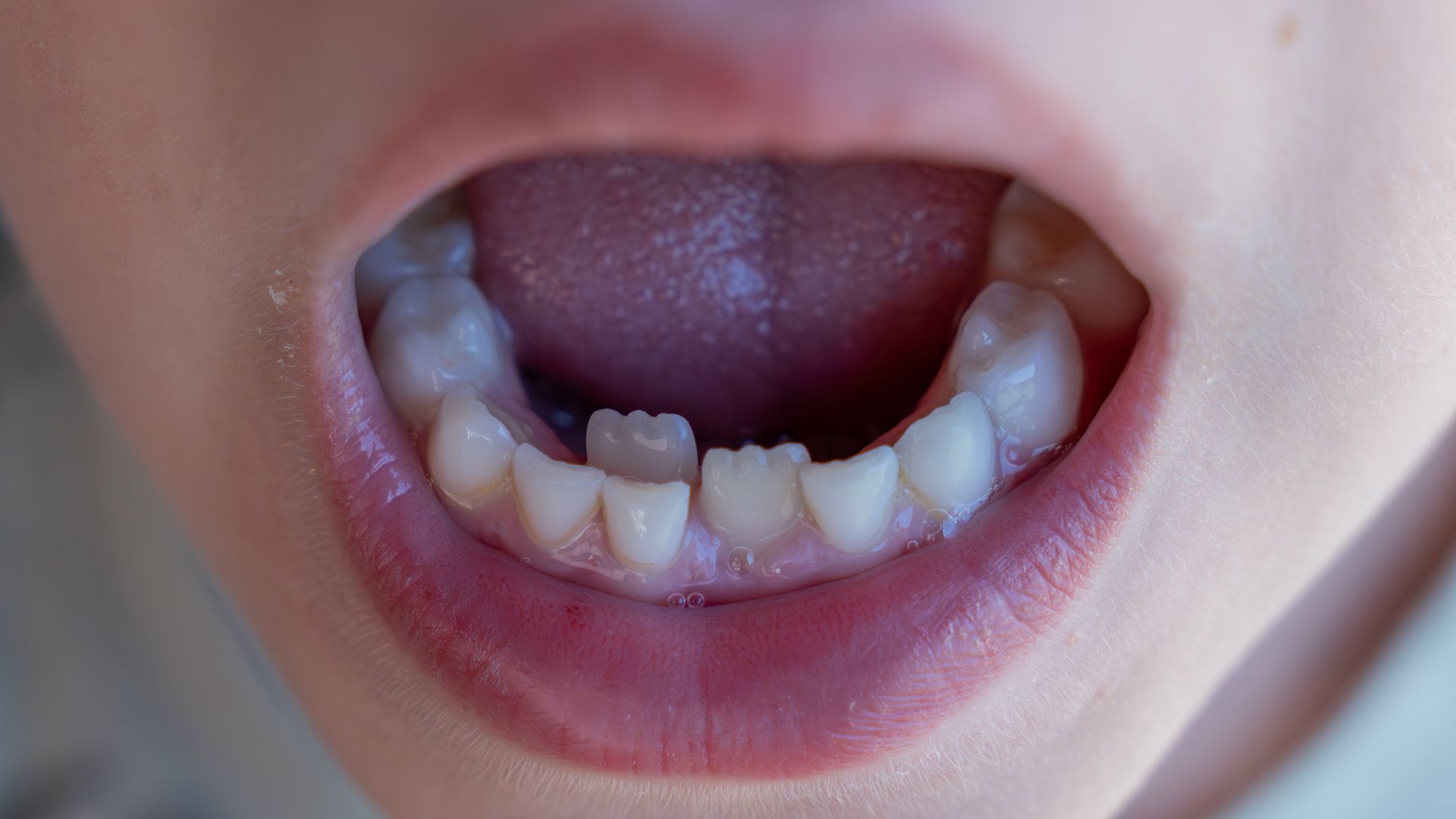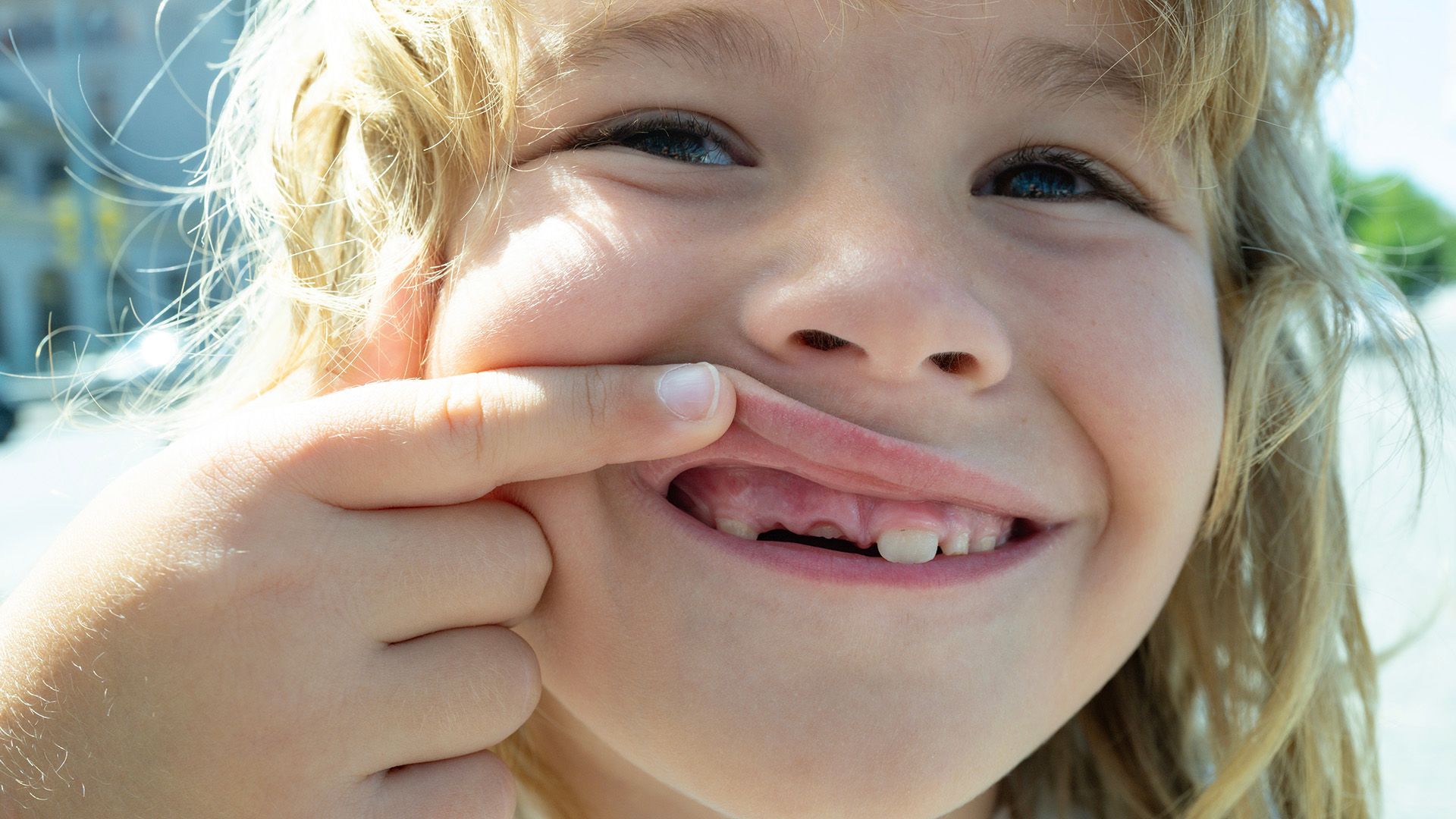How to Handle Toothaches and Dental Emergencies in Kids
As a parent, understanding how to handle toothaches and dental emergencies in kids is critical for their well-being. Children's developing teeth and adventurous nature often make them more susceptible to dental issues. Acting swiftly and effectively can significantly alleviate discomfort and prevent further complications. This comprehensive guide will help you navigate pediatric dental emergencies, immediate steps to take when your child experiences a toothache, the role of rinsing with salt water for toothache relief, managing specific dental issues, and preparing for potential emergencies. By being informed and ready, you can safeguard your child's dental health.

Understanding Pediatric Dental Emergencies
Pediatric dental emergencies require urgent attention to relieve pain and prevent further issues in children. These emergencies can stem from trauma, decay, or infections, often occurring unexpectedly, necessitating parental preparedness.
Common dental emergencies in children include knocked-out teeth, fractured or chipped teeth, severe toothaches, and dental abscesses. For instance, a knocked-out tooth might occur during sports or play, while a severe toothache might be due to untreated cavities or gum infections. Each situation requires immediate care for optimal outcomes.
Recognizing signs of a dental emergency is crucial for timely intervention. Symptoms like persistent pain, gum or facial swelling, mouth bleeding, or a loose tooth indicate the need for immediate dental care. If your child experiences any of these symptoms, seeking professional help promptly is vital to prevent further complications and ensure their comfort.
Immediate Steps to Take for Toothaches
Toothaches in children can be distressing, but knowing how to handle toothaches and dental emergencies in kids can provide relief. First, identify the cause, which could be cavities, gum infections, or trauma. Look for signs like swelling, redness, or sensitivity to temperature changes. If a cavity or injury is suspected, closely monitor your child's symptoms.
Meanwhile, home remedies can offer temporary relief. Rinsing with salt water for toothache is a common method, as it reduces inflammation and cleanses the area. Does salt water help with toothache? Yes, it can provide some relief. Additionally, a cold compress on the cheek can alleviate pain and swelling, and age-appropriate over-the-counter pain relievers can provide additional comfort until you consult a dental professional.
Knowing when to seek professional help is essential. If the toothache persists beyond a day or is accompanied by severe pain, fever, or swelling, schedule an appointment with a dentist. Addressing dental issues early can prevent more severe complications later.
Handling Specific Dental Emergencies
Knowing how to respond to specific dental emergencies in kids can make a significant difference. Here are guidelines for various situations:
Knocked-out tooth: Act quickly if a permanent tooth is knocked out. Locate the tooth and handle it by the crown, avoiding the root. Gently rinse it with water to remove dirt without scrubbing. If possible, place the tooth back in the socket and have your child bite down on a clean cloth. If reinsertion isn't possible, store the tooth in milk or saline solution and seek dental care immediately, as timely treatment can increase the chances of saving the tooth.
Chipped or broken tooth: Assess the damage extent. Rinse your child's mouth with warm water to clean the area and apply a cold compress to reduce swelling if there's pain or bleeding. Avoid giving hard foods until a dentist can assess the situation. A dentist might repair the tooth with a filling or crown.
Injuries to gums, lips, or tongue: For injuries to these areas, rinse the mouth with warm salt water to clean it. Apply a cold compress to reduce swelling and alleviate pain. If there's significant bleeding, apply gentle pressure with a clean cloth. Seek medical attention if bleeding doesn't stop in 10 minutes or if the injury appears severe.
Preparing for Dental Emergencies
Being prepared for dental emergencies is crucial for parents. Start by assembling a dental emergency kit at home, including sterile gauze, a container for any lost teeth, a cold pack for swelling, and over-the-counter pain relievers suitable for children. Include your child's dental records and any relevant medical information for sharing with a dentist if needed.
Educating your child about dental safety is also essential. Discuss the importance of regular brushing and flossing, and explain how activities like eating hard candies or playing contact sports without a mouthguard can lead to dental emergencies. Encourage them to communicate any discomfort immediately.
Finally, establish a plan for seeking emergency care, which can save valuable time during a crisis. Identify the
nearest dental clinic that handles emergencies and ensure your child knows how to contact you or another trusted adult in an emergency. Familiarize yourself with the clinic's operating hours and urgent care policies. By taking these proactive steps, you can manage and minimize the impact of dental emergencies in your child's life.









